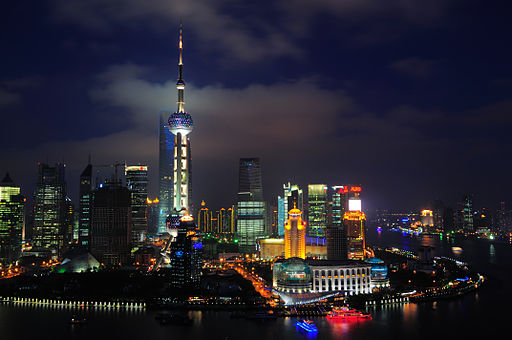
Gradually implemented reforms such as dual-track pricing, liberalization of socialist policies, and expansion of investment between China and foreign powers has brought about three decades of maintaining nearly 10% growth rates, an extraordinary feat for a nation that was on the verge of collapse fifty years ago.
Its recent ascension as the world’s second largest economy, coupled with potential increases in domestic spending and widespread domestic and foreign investments, have led many to call this century “China’s century.” Yet this optimistic forecast quickly sours when one considers the slew of imminent crises confronting China over the coming decades.
Implemented to curb China’s booming population growth rate, the one-child policy is sowing the seeds of China’s demographic and economic crises. With the vast majority of families proscribed from having more than one child, China enjoyed an enormous demographic dividend – defined as the economic benefit a country experiences when it has a low ratio of dependent to independent workers – over the past three decades.
This dividend is already starting to expire. By 2050, 25% of China’s populous will be above the age of 65. Attempts to solve the demographic crunch by relaxing the one-child policy will prove futile, as any increase in China’s birth rate will only reap modest effects some two decades from now. Furthermore, as a consequence of this policy, China’s gender distribution has already taken a heavy toll. A well-established trend in China is the preference of male rather than female children, which has resulted in scores of sex-selective abortions. With an estimated 30-40 million more boys than girls in China, millions of young bachelors will now be unable to find wives. Add sexual frustration to their already bleak economic prospects, and millions of disgruntled male migrant workers will be even more inclined to take to the streets in the name of political protest.
In addition to economic stagnation and political upheaval is a housing bubble throughout the PRC. Fueled by greed and overly optimistic homeowners, price to rent ratios across China have skyrocketed past stable levels. Flawed social expectations have only exacerbated this impending bubble. Across China owning a home is a prerequisite for finding a wife. With millions of only children, bachelors are in a position to seek financial assistance from both parents and grandparents, and pay grossly inflated prices for real estate acquisition. It is unclear how the Politburo plans to address the housing market’s impending crisis. What is clear is that whether the housing market encounters gradual deflation or a bubble burst, China’s economic prospects will suffer as a result.
Government action to address widespread pollution will bring about similar economic decline. Two winters ago, China’s AQI (air quality index) broke records when it surpassed 800. Prior to this incident, measures of AQI had never exceeded 500. Across China, pollution’s wrath has affected the health and economic livelihood of its population. In Beijing it is now common for parents to select their children’s schools based upon the quality of their air filtration systems. One particularly noxious chemical, PM 2.5, is found in hazardous doses across Mainland China. Until China adequately addresses this affront to its citizens’ health and well-being, it will continue to pay increasing social and economic costs.
In spite of China’s woes, there remains a chance at redemption. This may not be China’s century in terms of economic and geopolitical supremacy, but it may be their century to pave the way for environmental protection, sustainable development, and economic and political reform. In the words of Churchill, “Failure is never fatal, success is never permanent. The only thing that really matters is never giving up.” This of course assumes that China’s population of 150 million migrant workers doesn’t take to the streets, overthrow the Communist Party, and support a military coup. That could just be the straw that breaks the camels back.







